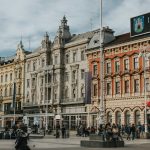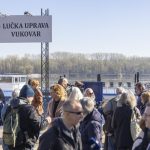The 2nd International Conference on Diaspora Tourism opens in Split on May 17, 2019. In the build-up to the conference, TCN meets some of the returning diaspora who have made a success of life in Croatia. Next up, Eugene Brcic Jones.
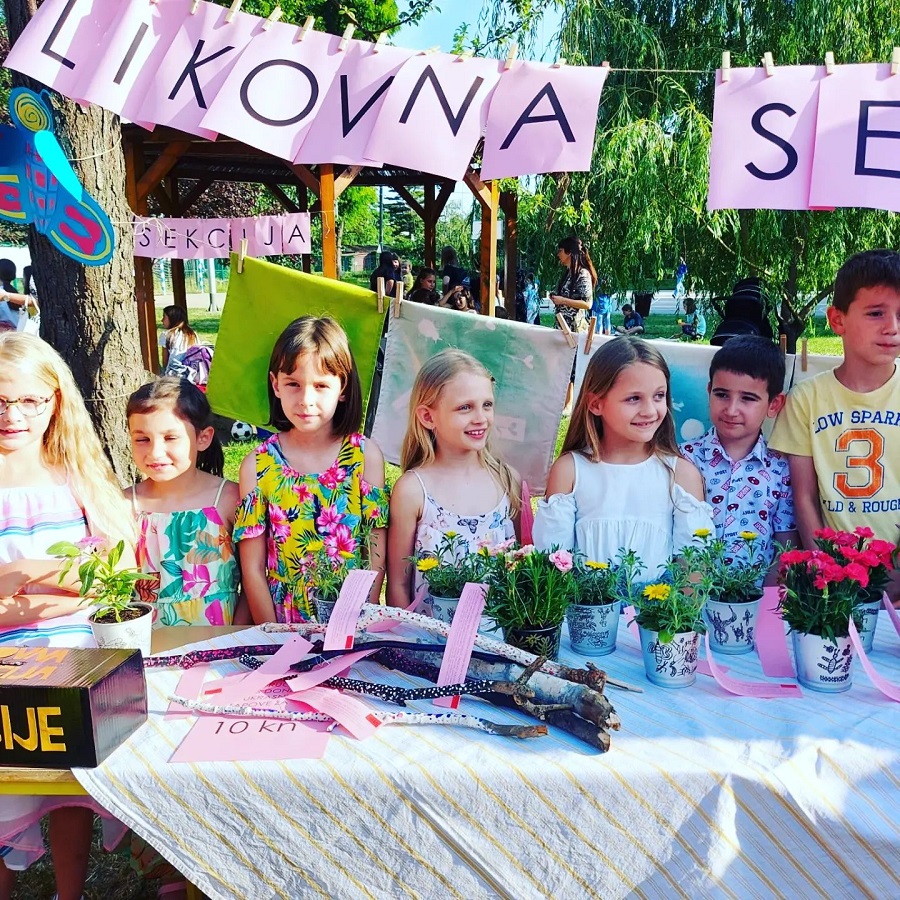
With so many young people emigrating from Croatia due to lack of opportunity, there are a number of the Croatian diaspora looking to move in the opposite direction and return to the Homeland. Few actually make the move, for a variety of reasons: the uncertainty of what awaits, lack of much available information of the realities of the process and experiences, and a reluctance to move from successful Western economies to the struggling Croatian economy. Meet one man who has been a returnee not once but twice.
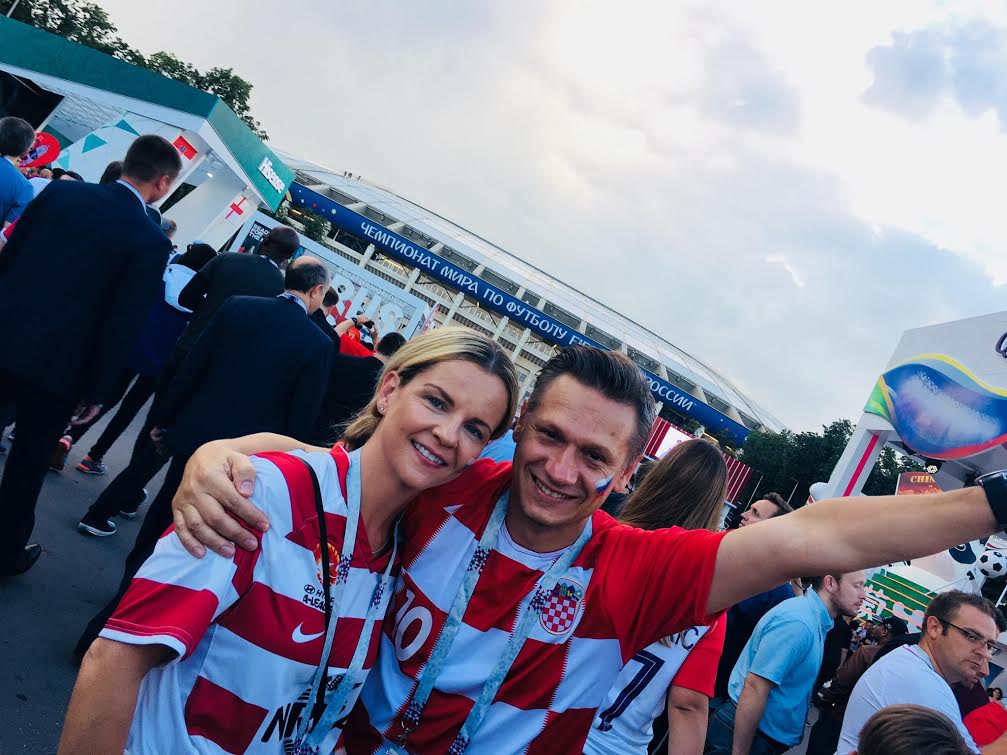
1. Born in Australia, returned to Croatia, something that many diaspora dream of doing. Tell us briefly about your journey.
Hi, my name is Eugene and I’m a Croatia addict.
I’ve been calling myself a ‘serial returnee,’ as it’s not the first time I’m back here. I’m a second generation Croatian who previously returned in 1991, amid the worst bloodshed in Europe since WWII.
I returned to Croatia again two years ago, after a 7-year stay in Sydney, with my Aussie wife Michelle and two girls, Eden 5 and Emerson 4.
It’s probably understandable for a young, single guy to enjoy living in Croatia but it’s more like a disturbing medical condition for a family to make the move while droves of others are heading the other way, so I can understand the curiosity.
The idea of moving to Croatia evolved after a 3-month family holiday four years ago. I hooked Michelle and the kids onto my addiction after taking them from the tip of the Adriatic to the bottom, from Rovinj to Dubrovnik, with long stays in Zadar and particularly Zagreb, where I lived and forged amazing memories and friendships.
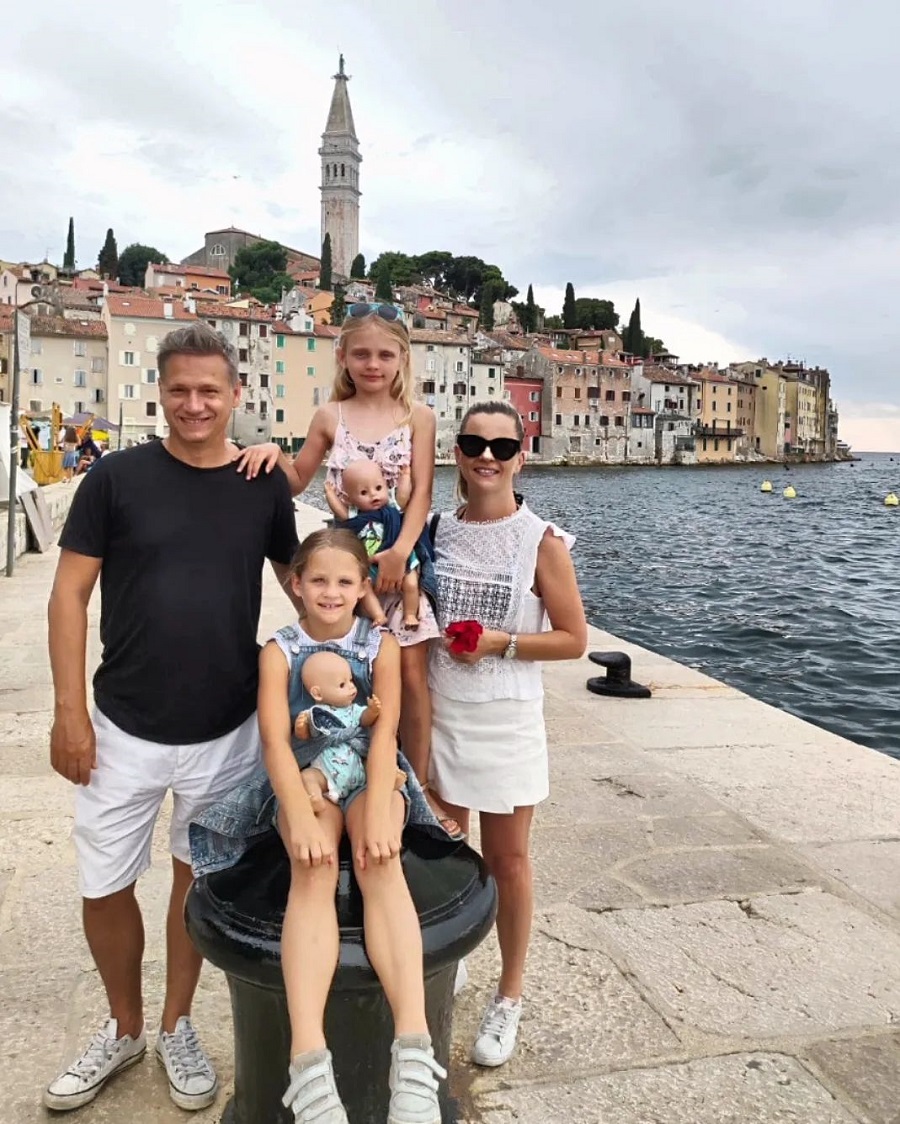
Australia was becoming a bore, a tiresome rat-race and we wanted to break from the mold, do something different, a lasting adventure. The work-life balance myth in Sydney wasn’t working for us and we didn’t want to spend our lives as mortgage slaves. We toyed with equatorial countries that would allow us to live off a passive income from renting our home, places like Panama, Costa Rica or southern Italy and Spain tantalized our fancies. The kids would become bilingual, maybe home-schooled, it was all just the stuff of dreams at first. Then Michelle suggested Croatia, and before she could take it back I booked our tickets and packed our bags.
OK, maybe there was more thinking, and Excel spreadsheets, but why let the truth get in the way of a good story?
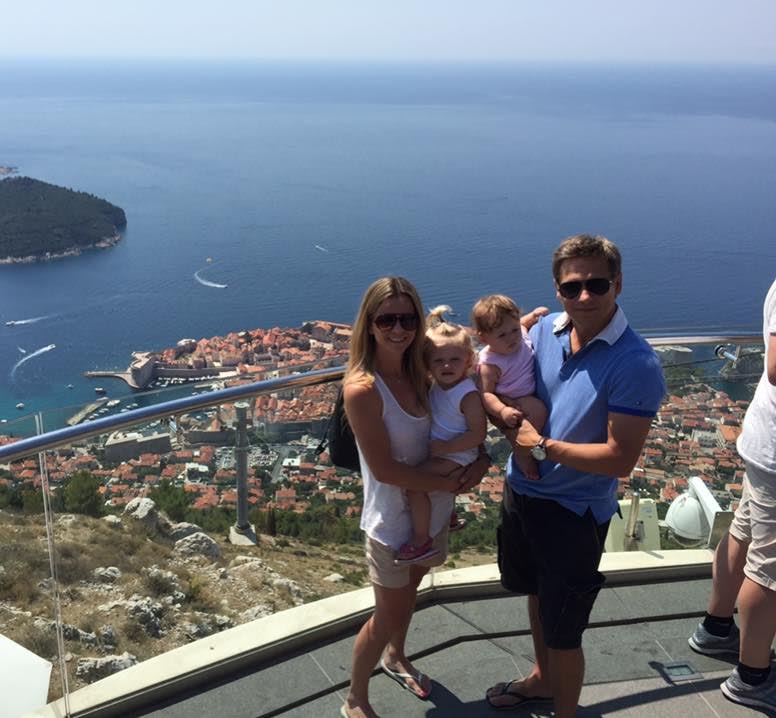
2. Looking back, what were your hopes, expectations, and fears about moving to Croatia?
My greatest fear was that I’d bankrupt the family and my wife and kids would stick their middle finger up at me at President Franjo Tudjman airport and abandon me. Two years later, I still have this fear, but I use it to motivate me.
For some stupid reason I expected that everything I touched would turn to gold, but things sort of went pear-shaped in the first year. I couldn’t get the sort of work I wanted to ensure a cosy life, so there was a lot of anxiety.
In the end, I decided to start my own business, a consultancy for small to medium-sized enterprises (SMEs), and things gradually started to turn. Basically, I started treating Croatia like it was Australia, a country with no free lunches and I buckled down and worked my nuts off to find projects and clients.
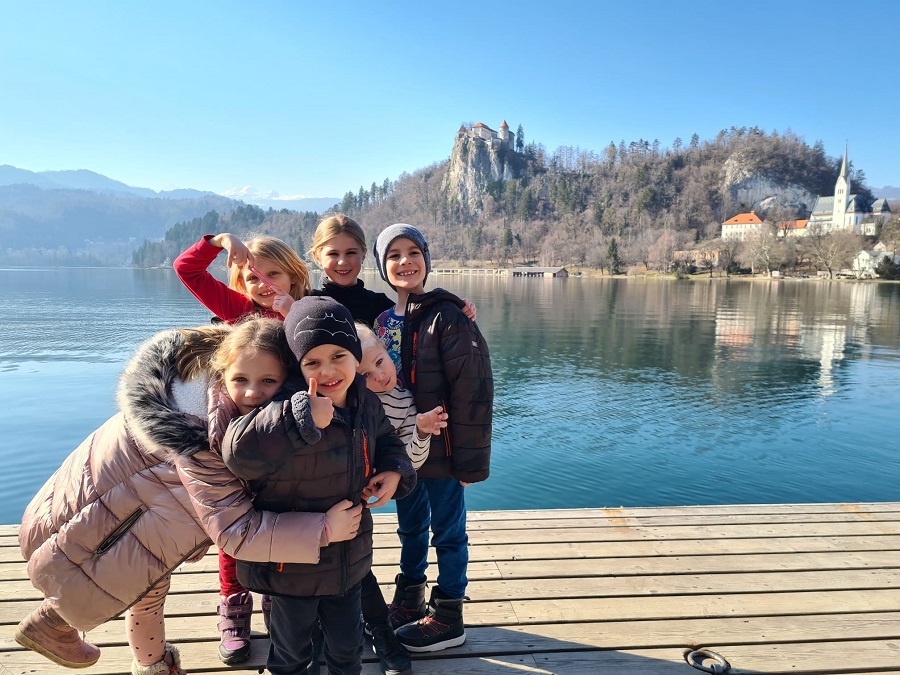
3. How supportive was your Croatian community back home at the time?
They were very supportive – šatro! My friends and cousins back in Australia were making bets how quickly I’d fall flat on my face and the whole bankrupt and abandoned scenario was odds on favourite in less than 6 months. No one expected a lucky streak this long, so there’s a lot of bitter gamblers out there sitting on the sidelines of life.
Decisions like returning to Croatia are really high stakes, you really have to know your limits and hedge your bets. I don’t think you should bank on support for a radical choice like moving to Croatia, your loved ones will tell you to get your head checked.

4. What were the main differences in what you expected to find in Croatia and the reality of living in Croatia?
The main difference in Croatia is that you buy back a lot of time, which is essentially the most precious thing we have. Time with the people you love, the things you love doing. For me, it’s family and friends.
In Australia, we sacrifice a lot of time to make a living, commuting to work, working some drudgery for a wage, and then maintaining the wealth by shrewd investments – often working on top of work again, like gardening, extending your home or making renovations. It’s all about constantly creating value, amassing wealth, preserving status. The competition and accompanying stress is relentless.
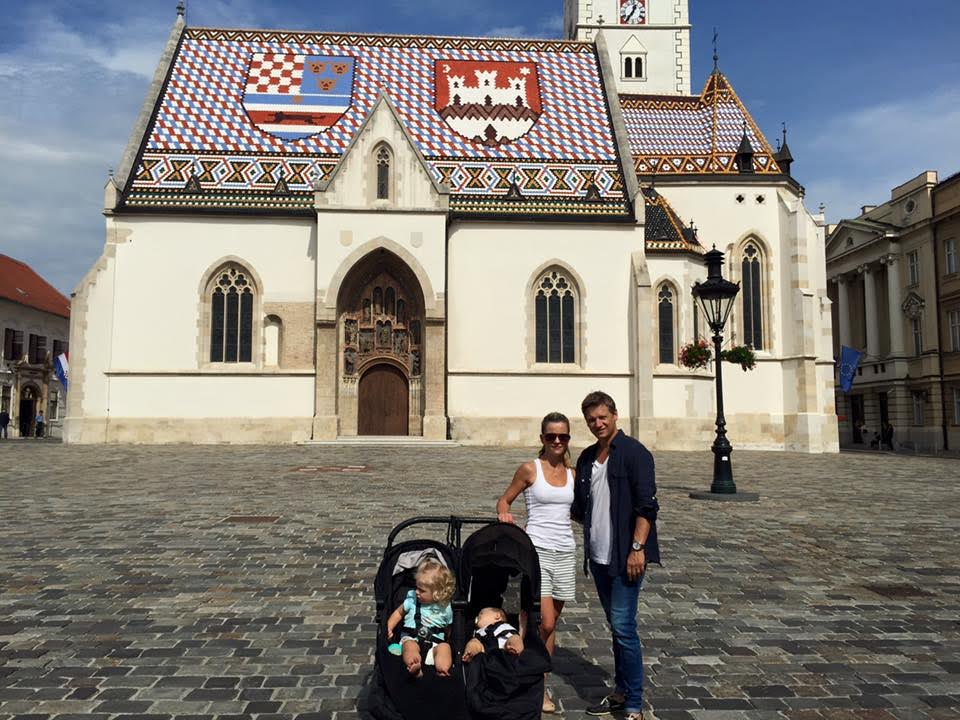
5. Many diaspora think of returning, but few do. In truth, there is little information out there about real-life stories and help/info about the process. What advice do you have for those who are thinking about making the move?
I’m not sure it’s possible to make a fully informed decision. It’s always going to be an emotional, gut or knee-jerk response regarding a place like Croatia. Lots of people have tried, given it their best shot and few have made it, so you can forgive people for not even entertaining the risk.
If you were moving from Australia to the US or Switzerland you would use common sense, crunch some numbers and probably be able to anticipate or rely on many things, like work opportunities, government and institutions, especially the legal system. But Croatia is a different kettle of fish. It really is like an addiction, an irrational attraction that pulls you like a magnet. You move to Croatia in spite of knowing the government and its bodies are useless and corrupt.
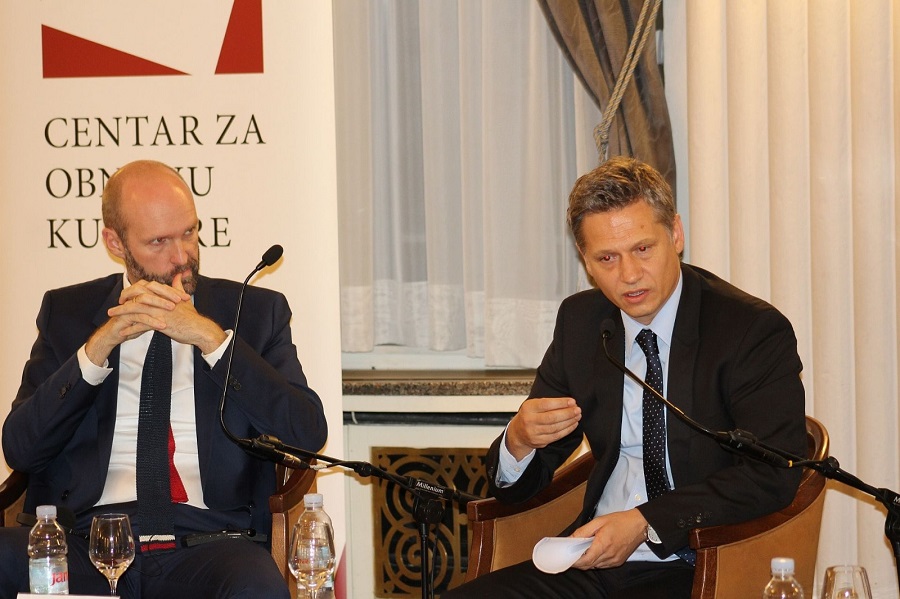
My advice would be to expect the worst and be positively surprised when the worst doesn’t transpire. Plan your finances, go for a trial run, a year off, a sabbatical. Try house swaps, there’s some really cool opportunities nowadays that will save you a bundle and allow you to experiment. You only live once, so trying a new landscape, new culture, language and lifestyle will provide permanent memories to relive, even if you pencil it down as a fail and return. It’s all about unique experiences afterall, I think.
6. How were you perceived in Zagreb as foreigners/diaspora moving back – was the welcome warm?
There is a notion that diaspora are a bunch of nationalistic morons. To be fair, a lot of us from diaspora are a bunch of morons and our reputation is not as stellar as we imagine.
However, we have a lot of ingrained experience with genuine democracy and free-market economies and that is valuable currency in Croatia. Smart people will respect you and be welcoming. It will be easy to strike up friendships with people in the same trade or social status.
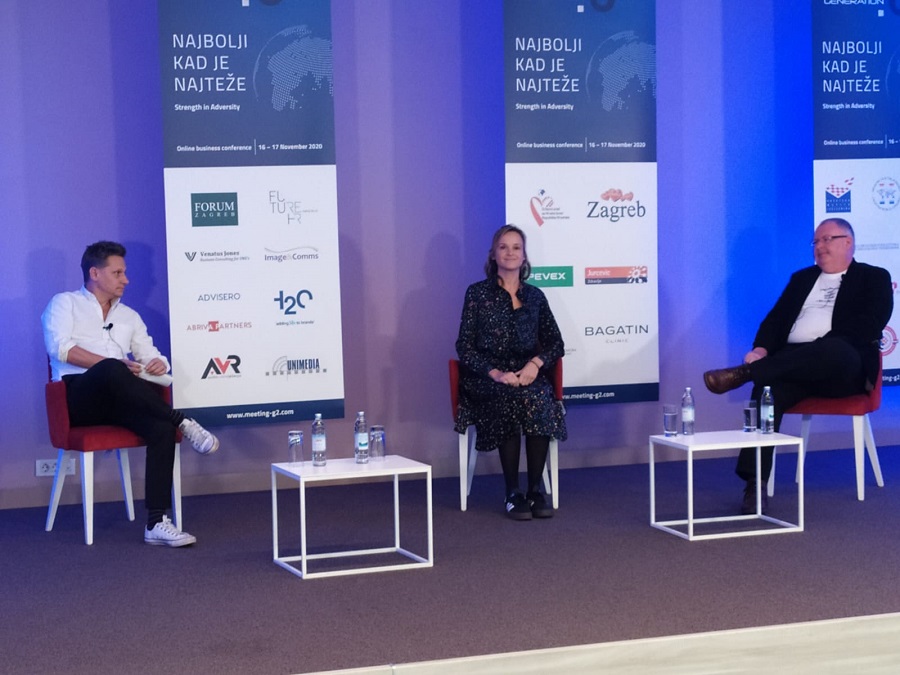
Good people gravitate to each other, if you are a cool dude people will quickly notice this about you and you will establish a great circle of friends soon. We have so much to learn from each other. Being conceited about being from the West might work short-term but won’t play well in the long run.
7. Through a lot of hard work, you have been very successful, while many foreigners have given up and left Croatia. What are the keys to success in doing business in Croatia in your opinion?
Like anywhere in the world, the main formula for success is hard work. We are lucky that we grew up in market economies and understand how rags-to-riches stories evolved. Our parents are likely examples, so it’s obvious to us that there is no substitution for hard work. Talent or skill and luck all play a part, but hard work is the glue that holds it all together. Optimism is also key. It’s a strong motivator and inspires self-fulfilling prophesies.
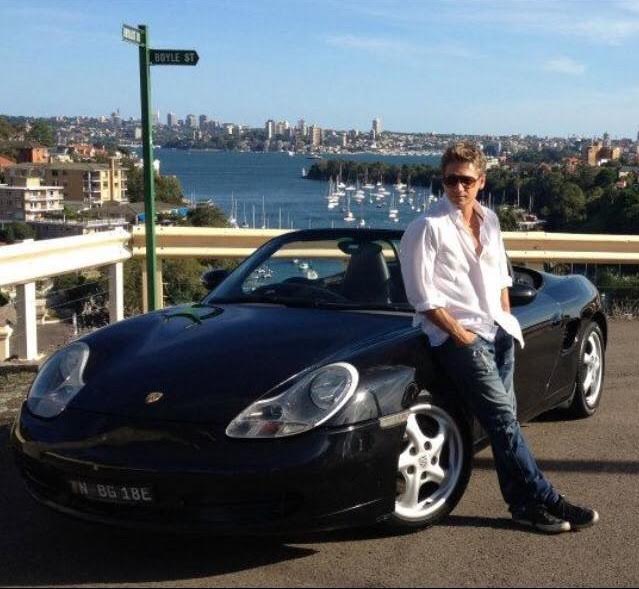
It is tragic that so many people have been burnt, my family included. More or less everybody I know from abroad has been taken for a ride. I see now that we are not without blame. We have been gullible and stupid. We misplaced our trust in a system that is still plagued by the legacy of Communism. This system is riddled with corruption and nepotism and despite reforms, it’s still in transition and hazardous.
It’s important to exercise extreme caution and avoid dealing with the government as much as possible. Fortunately, we have an edge over locals working in the private sector given our customer-focused approach to business.
There is also the EU market and various funds available that make it a fruitful period to be in Croatia from a business perspective.
It’s a global economy and working from Croatia gives you the best of both worlds if you have goods and services to sell. One of my clients is a start-up in the hotel industry, RoomOrders.com, and we have expanded to three continents, through leading hotel brands like Hilton and Sheraton. A previous client, Museum of Illusions, is in over 20 cities around the globe and is the world’s fastest-growing museum chain.
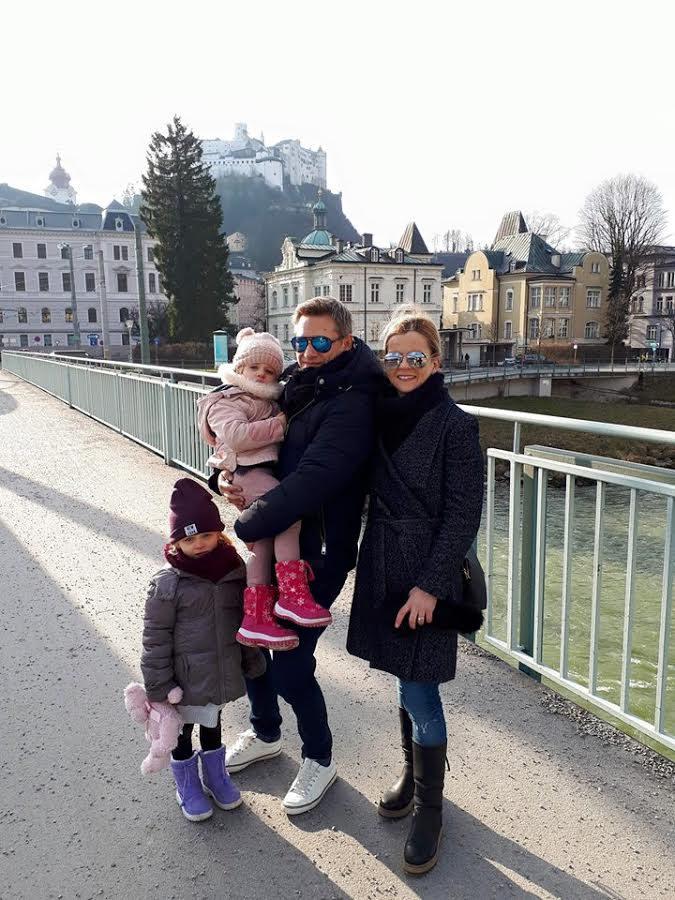
8. What is the diaspora community like in Zagreb and how integrated is it with locals?
Zagreb is an increasingly cosmopolitan city. It has a strong expat community and the diaspora is strong and integrated with both the local and expat community. There is a lot of variety, clubs and interest groups. The degree to which somebody wants to assimilate is completely individual, you can immerse yourself fully, or be a butterfly, we are spoilt for choice in Zagreb. I’m proud to be living in Zagreb when I see it bustling with non-traditional visitors from Korea, Japan, Americas, as well as the range of cuisine on offer, from curries, tapas, sushi to kebabs and fajitas.
9. And finally, a word on this conference. What are you hoping to get out of it?
The conference will feature some high fliers from diaspora, people who have put in the hard yards and proven that success is possible in Croatia. I’m looking forward to hearing their accounts, their trials and tribulations. It will be a great opportunity to compare scars and trade war stories. There are more and more conferences of this type, so I’m excited about meeting new friends, gaining new insight and generally learning more about Croatia’s business environment in diverse industries from people just like me.
You can connect with Eugene Brcic Jones via his business website Venatus Jones.
For the full programme at the 2nd International Conference on Diaspora Tourism (in English and Croatian), click here.
For more on the Croatian diaspora, check out the TCN dedicated section.




